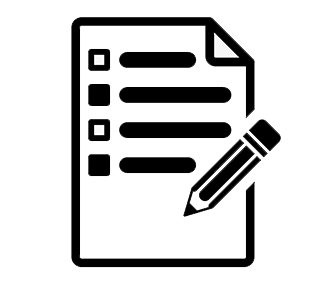Job Duties
Community pharmacists and hospital pharmacists
1. Check prescriptions for proper dosage
2. Compound prescribed pharmaceutical products by calculating, measuring and mixing the quantities of drugs and other ingredients required and filling appropriate containers with correct quantity
3. Dispense prescribed pharmaceuticals to customers or to other health care professionals and advise them on indications, contra-indications, adverse effects, drug interactions and dosage
4. Maintain medication profiles of customers including registry of poisons and narcotic and controlled drugs
5. Ensure proper preparation, packaging, distribution and storage of vaccines, serums, biologicals and other drugs and pharmaceuticals
6. Order and maintain stock of pharmaceutical supplies
7. Advise customers on selection and use of non-prescription medication
8. Renew existing prescriptions in limited circumstances
9. May adapt the formulation, regimen, duration or route of administration of medication
10. May supervise and co-ordinate the activities of other pharmacists, pharmacy assistants, pharmacy technicians and other staff.
Industrial pharmacists
1. Participate in research for the development of new drugs
2. Formulate new drug products developed by medical researchers
3. Test new drug products for stability and to determine absorption and elimination patterns
4. Co-ordinate clinical investigations of new drugs
5. Control the quality of drug products during production to ensure that they meet standards of potency, purity, uniformity, stability and safety
6. Develop information materials concerning the uses, properties and risks of particular drugs
7. Evaluate labelling, packaging and advertising of drug products
8. Promote pharmaceutical products to health professionals.
![]() 4 to 8 years experience required
4 to 8 years experience required ![]() 65,500 CAD to 96,300 CAD P.A.
65,500 CAD to 96,300 CAD P.A. ![]() Canada
Canada




